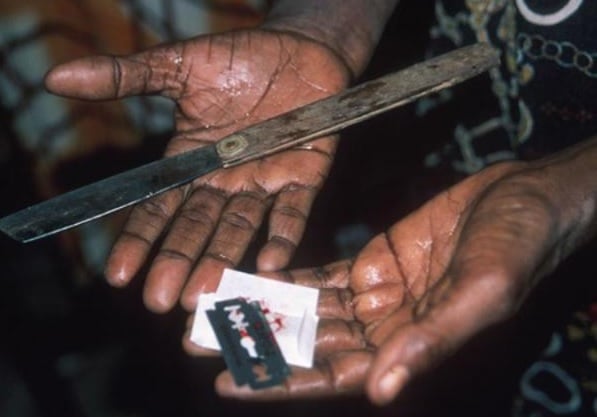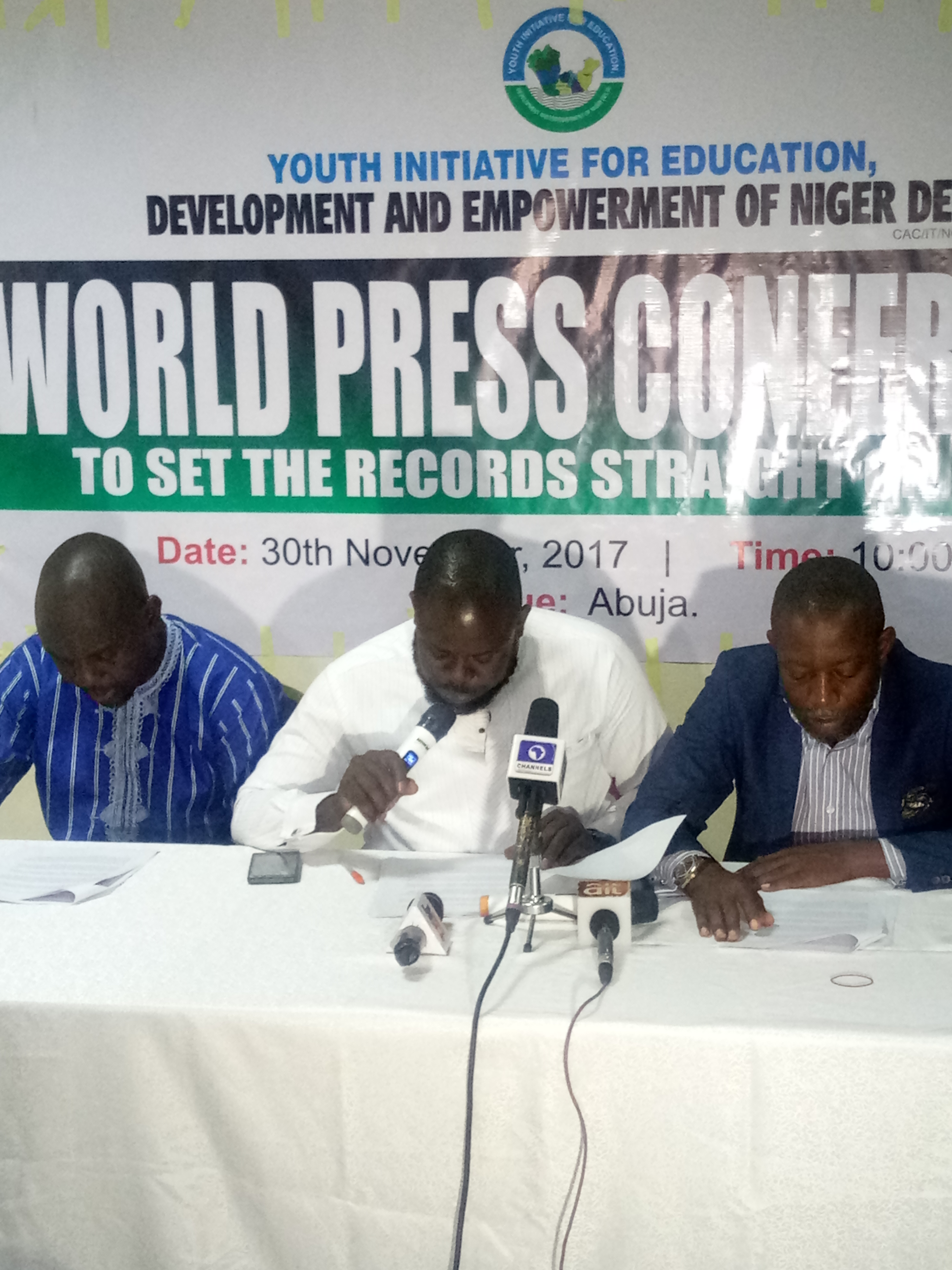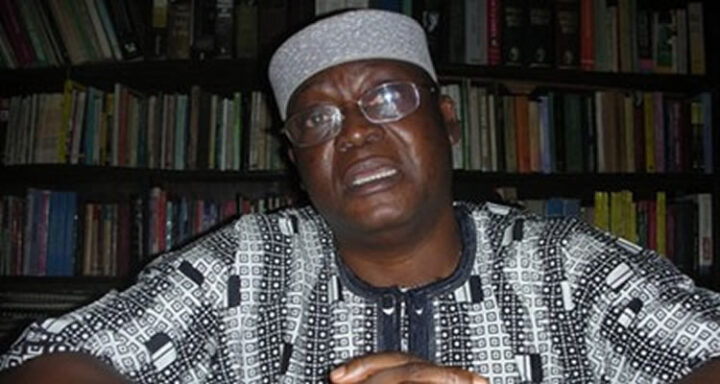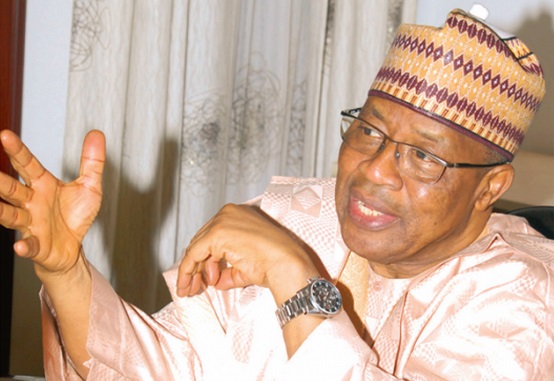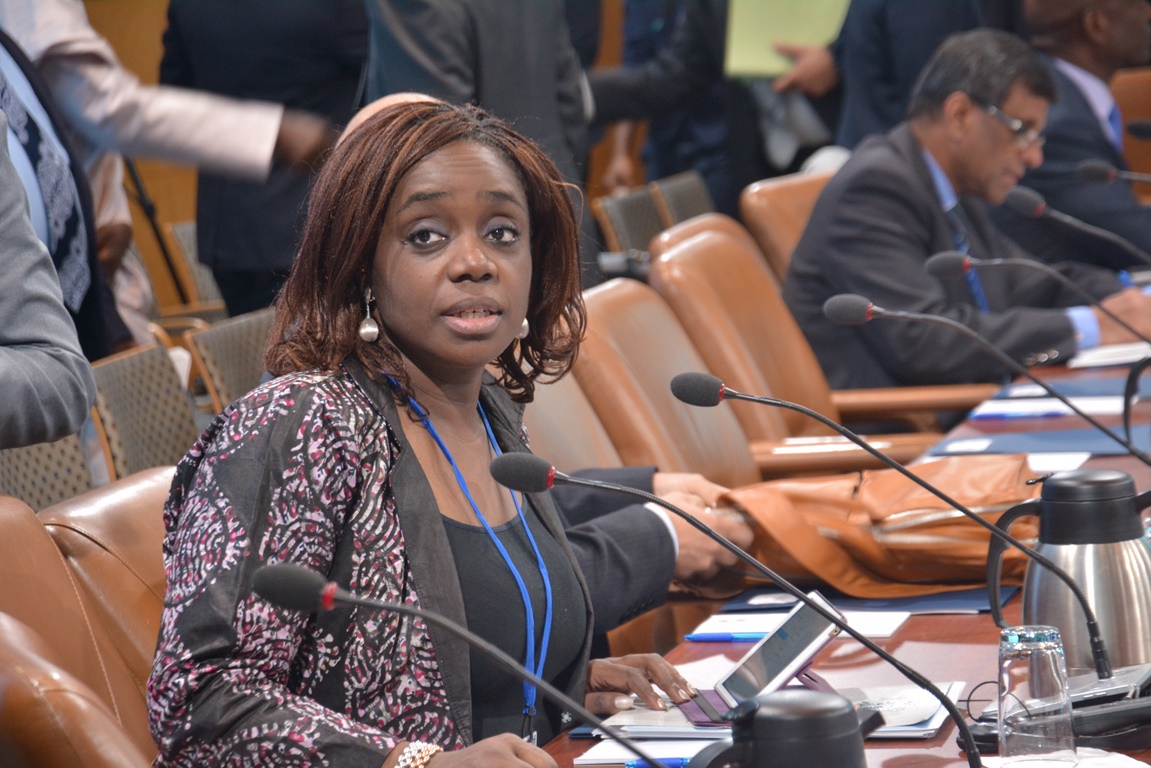Radio journalists across the country participated in the ‘End Female Genital Mutilation (FGM) Media Campaign Academy II which held in Enugu state.
The academy was convened by Onelife Initiative for Human Development with support from the Human Dignity Foundation and the Global Media Campaign to end FGM.
FGM or cutting refers to all procedures which involve the total or partial removal of all or part of the external female genitalia for the cultural or non-medical reason.
The journalists – who were from 19 states, including Kano, the federal capital territory (FCT) and Kaduna – spent time discussing how to put an end to the practice.
Advertisement
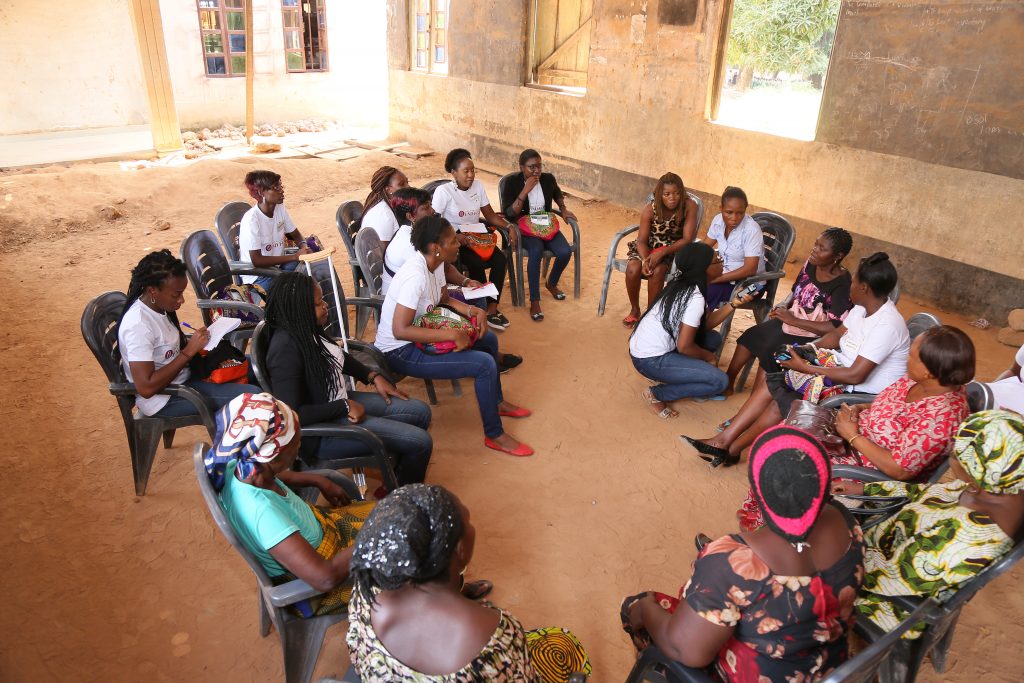
They were armed with factual information on FGM in Nigeria with attention on the health, cultural and religious dynamics to the practice.
Christopher Ugboko from the federal ministry of health, GASHE division, gave the opening address and also spoke on the various coordination efforts by the ministry to ensure the abandonment of FGM in Nigeria.
Other facilitators at the academy were Wilberforce Oti, a clergy who provided perspectives to the religious dimension on FGM with evidence that Islam and Christianity do not support it.
Advertisement
Sola Fagorusi, programmes and media manager of Onelife Initiative for Human Development, said a situation where FGM is practised by any category of health-care provider is a growing concern, with Nigeria, Egypt, Sudan, Guinea and Kenya having the highest medicalization rate.
Nigeria’s currently has a medicalization prevalence of 13%.
“Our choice of radio journalists is also premised on the last mile reach of radio and its channel being accessible to all stratification in society,” Fagorusi said.
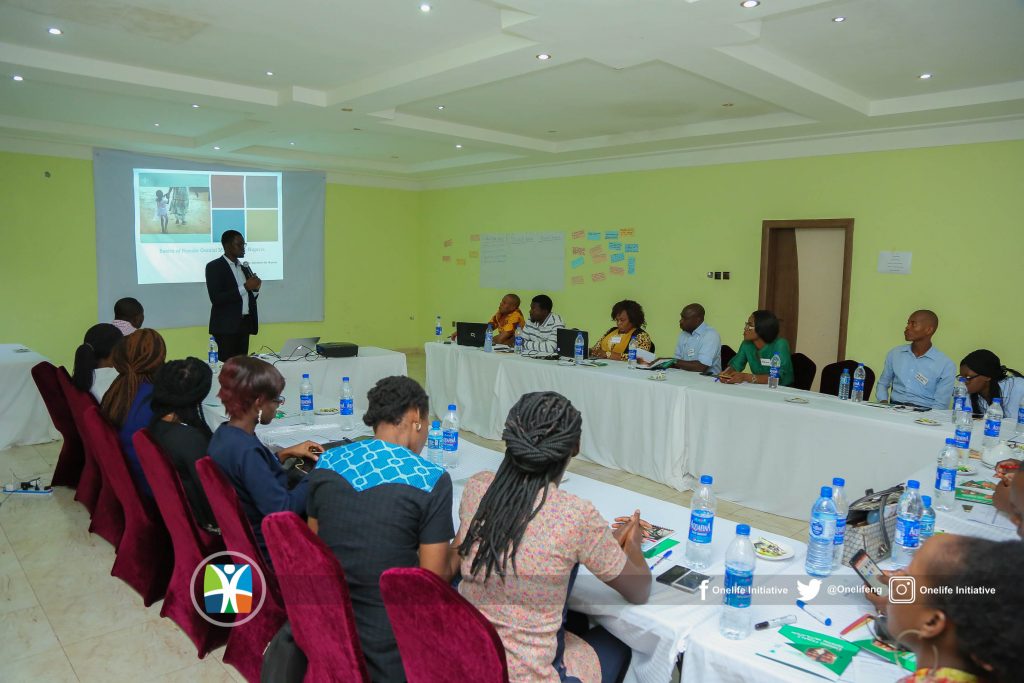
“The rich, poor and middle class all listen to radio and that’s why we hope radio journalists are best to take this information farther so that the behaviour change we anticipate can start and we can end FGM in one generation.”
Advertisement
Ileogben Sunday-Adeoye, chief medical director, National Obstetric Fistula Centre, Abakaliki, Ebonyi, also harped on the growing trend of medicalisation and why journalists should beam the searchlight on this.
He said it has the potential of bringing discussions on FGM to the fore in the country, and also highlighted the connection between Vesico Vagina Fistula (VVF) and FGM.
VVF is a medical condition that allows the continuous involuntary discharge of urine into the vaginal vault.
“FGM aborts the reproductive career of girls even before the career starts. I know how much journalists can galvanise to ensure that FGM ends,” Sunday-Adeoye said.
Advertisement
“You need to share FGM prevention messages and also get survivors to tell their stories. Your programmes should hold even traditional institution, clergies, politicians accountable in a bid to end FGM.”
Onelife Initiative for Human Development is a non-governmental organisation in Ibadan, Oyo state, working to end FGM in Nigeria with huge focus on young people to ensure that the next generation of mothers change behaviour and abandon the practice.
Advertisement
Add a comment

